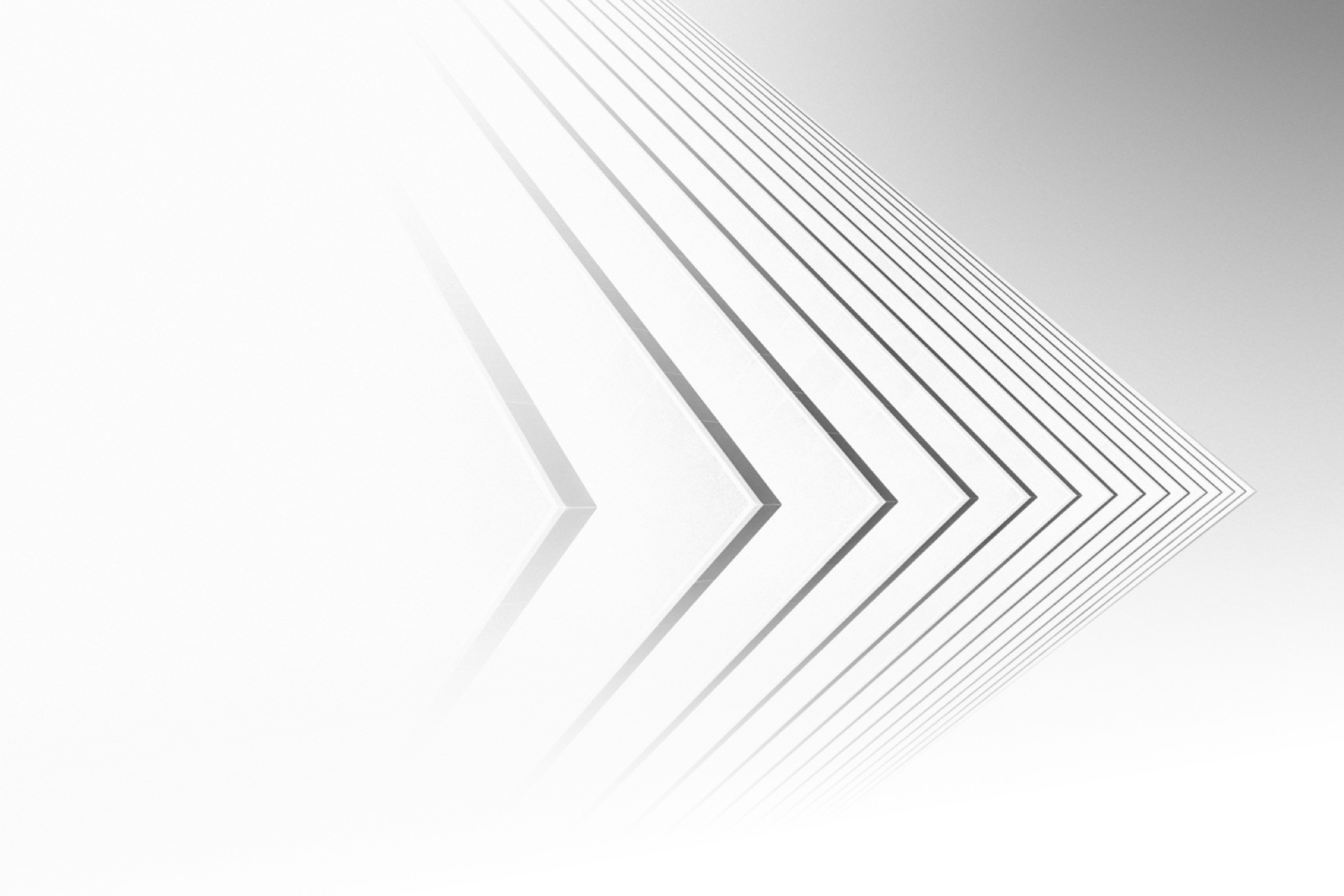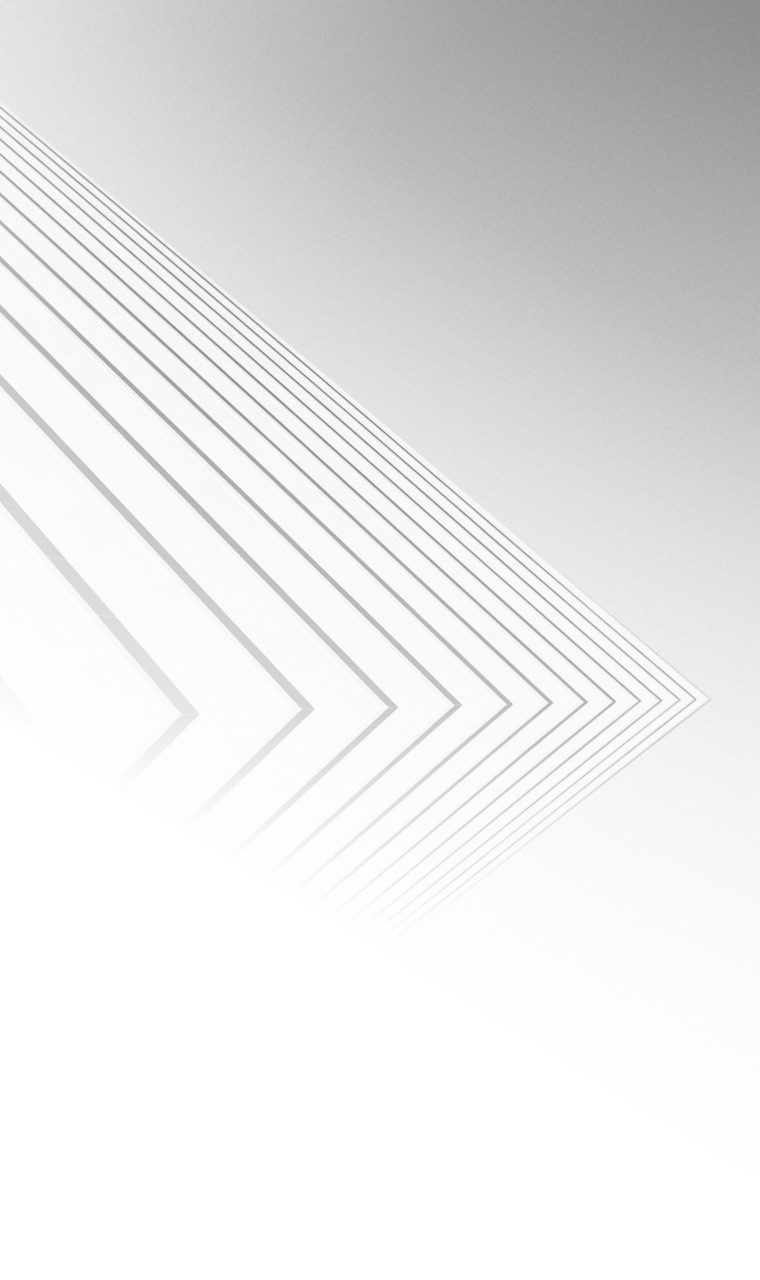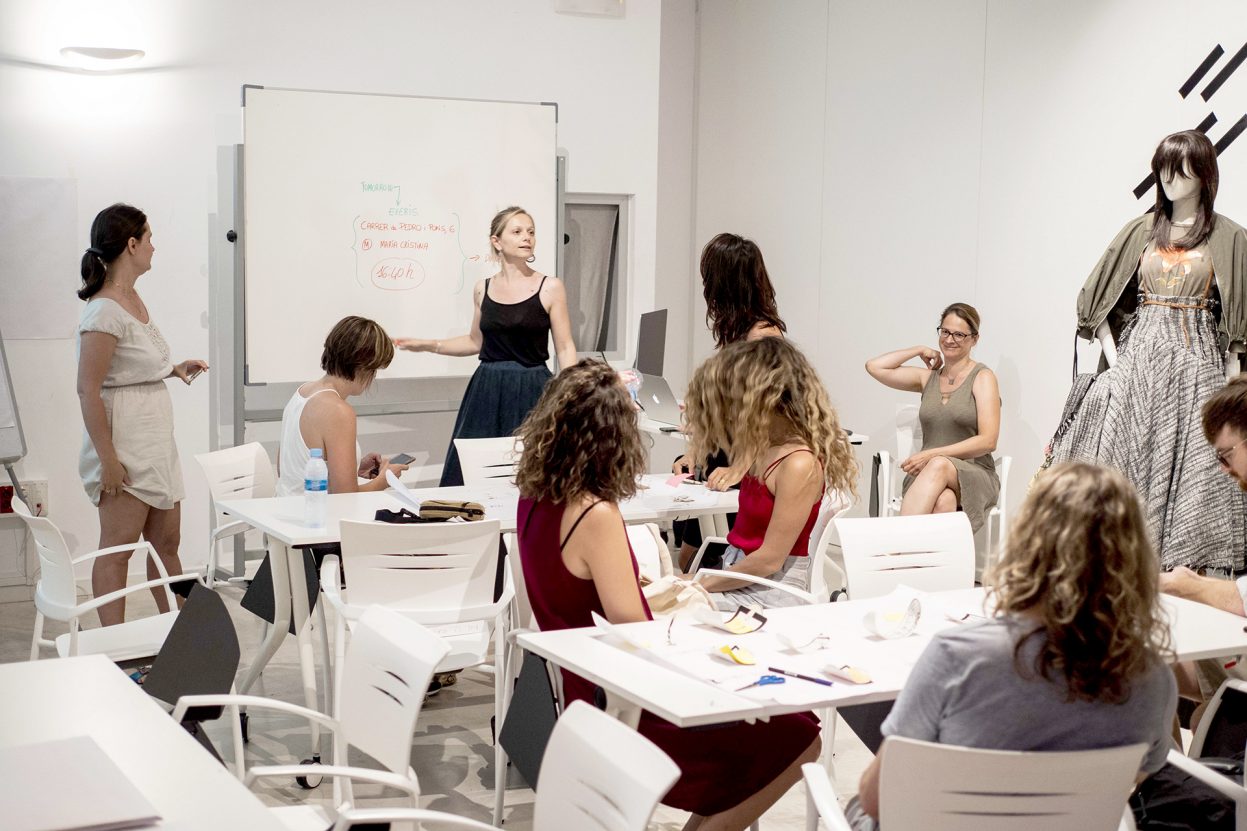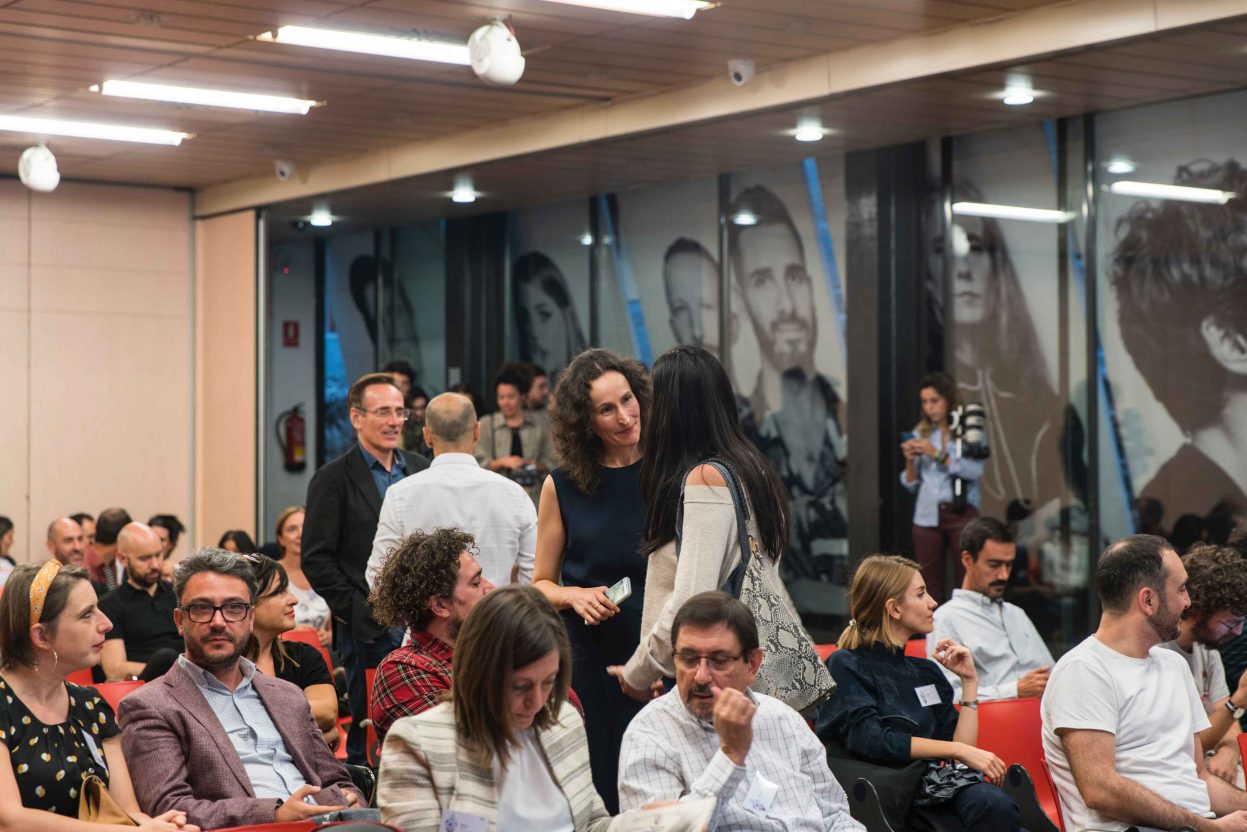Ai, Robots, Big Data & Data Visualization __ Large corporations are investing in new smart technologies, creating a paradigm shift that is not only transforming the present at an accelerated pace, but is revealing a scenario in which artificial intelligence will radically change the way we work, do business and live, as well as user experience, in the coming years. Artificial intelligence-based solutions are increasingly in demand in most industries.
Augmented Reality (AR) __ AR is revolutionising the way people access information and services, through state-of-the-art visors and high-quality immersive content.
Augmented reality technology increases productivity and efficiency in core business processes. The applications of augmented reality are highly varied and span a range of different fields: sales and marketing, training, education, medicine, healthcare, industry 4.0, leisure and entertainment.
Blockchain __ Blockchain technology, one of the pillars of the digital transformation of our society and economy, is evolving rapidly with the development of new platforms, applications, collaborations and partnerships.
Its application will revolutionise many productive sectors and will soon serve as the basis for the promotion of new business models, changing both their inner workings and their relationship with clients.
The implementation of blockchain technology will be key in sectors such as banking, insurance, healthcare, tourism, energy, cybersecurity, real estate and legal tech, among others.
Digital Transformation __ We are in the midst of a business revolution, based on new knowledge and underpinned by data and analysis. Digital technologies are catalysts for innovation.
Consequently, the key to an organisation’s success in the digital environment lies in its ability to integrate, adapt and transform. Businesses, organisations and universities must apply digital technologies to their processes, products and services in order to improve efficiency, value and customer experience, manage risk and uncover new business opportunities.
Fashion Design and Management __ Business models expire and the methods used to approach and relate to customers change. The ways we build brands no longer guarantee a strong market position. It is fundamental to anticipate and identify customer needs in order to detect business opportunities.
Food Design __ Food Design is transforming the world of food. Innovation in food-related products, services and experiences provides the opportunity to sophisticate and differentiate them through emotions, in addition to their nutritional, social and cultural benefits.
Companies and individuals linked to the food industry increasingly demand services for the creation and development of unique, sensory gastronomic events related to the presentation and launch of new products and services.
Future Scenarios & Macrotrends __ Uncertainty around market trends and the business environment is one of the main challenges companies and organisations face today. The identification and planning of future scenarios facilitate the use of macrotrend insights in businesses and institutions, and help to identify important market challenges, trends and opportunities.
Innovation Strategy __ Global trends such as technological change, population growth, resource scarcity and climate change pose major challenges for companies. An innovation-based strategy is crucial for long-term sustainable growth. And, in this scenario, design plays a key role in promoting and facilitating innovation.
Interior design __ In addition to traditional decoration, Interior Design explores fields as diverse as environmental psychology, architecture and product design, addressing aspects such as leadership in innovation processes, creativity and project management.
Against this backdrop, through interior design we add value to corporate and commercial spaces, showcasing the brand and its principles, as well as differentiating them from the competition, by way of a creative and effective approach.
We enable users to interact more effectively with the space and identify with the brand, adding more value to the surroundings by incorporating and taking advantage of new technologies to create innovative user experiences.
Internationalisation of Companies __ Aspects such as globalisation, the saturation of local markets and the arrival of competition in the local market lead companies to open up to international markets.
Creating differentiated products and services, with high added value and aimed at niche markets are keys to success resulting from the internationalisation of companies.
It is fundamental to design plans and strategies to minimise risk in the internationalisation process in the medium and long term, creating a solid foundation for the future.
Leadership __ Enhancing leadership skills at the heart of a company is an essential tool for the organisation and/or work teams. It is an added value that goes beyond temporary solutions, delving deeper into analysis and problem-solving through innovation.
Marketing and Communication __ The analysis of market and consumer behaviour allows us to identify socio-cultural and market trends, and to channel them through creative strategies to optimise products and services in terms of final value, time, costs and profitability.
In this sense, companies’ commercial management strategies must be examined in order to attract and retain customers, and build their loyalty, by fulfilling their needs.
Retail & Experience Design __ Designing a shop is a complex operation that starts with a strategic vision linked to the analysis of the brand and its identity, followed by development based on the messages, positioning and interests to be conveyed.
In this regard, coherence must be ensured among all elements involved in the shopping experience so that the consumer is able to identify with the brand, relate to it, and feel comfortable.
This differential value, obtained by creating a unique shopping experience that stands out from the competition, helps to increase sales, influence and competitiveness.
Service Design __ We use a multitude of services throughout the course of a typical day. We travel by public transport or in a shared vehicle, check the news on our mobile phones, pay for groceries, attend a class, throw something in a bin or visit the doctor. Creating or transforming a service is a process, beginning with research, passing through ideation and prototyping stages, and ending up with the preparation of the pilot to be implemented.
New technologies such as artificial intelligence, robotics and the internet of things are generating rapid and profound transformations in the management of services, their acquisition and use. It is crucial to innovate using a human and systemic approach, through creativity and iterative processes.
It is also necessary to organise the various different moments of the service, so that the experience is pleasant and fluid. In addition, opportunities for new services need to be identified and systems conceptualised to enable value to be created with users, among users or even among multiple organisations.
Strategic Design __ Through Strategic Design, we can detect opportunities, generate and develop new business ideas and launch or redefine products, services and production processes by way of innovation.
We can also amplify the innovative and competitive qualities of businesses and organisations by building bridges among innovation, research, management and design.
Strategic Management __ Managers and organisations need to possess the necessary tools and knowledge to drive their strategic development and management.
In this sense, objectives need to be set, and both the competitive environment and inner workings need to be analysed, in order to ensure that these strategies can later be implemented across the organisation by its management.
Sustainability & Circular Design __ The circular economy envisages the maximum efficiency of resources as well as minimising the generation of non-reusable waste, allowing for a positive end to the product’s life cycle. This requires a paradigm shift by companies, and both public and private entities, with relation to the way they produce and consume.
In this scenario, sustainable and circular design favours the transition towards a real circular economy through the conceptualisation, design and development of new products and services that generate a positive impact on the social, economic and environmental surroundings in which they are encapsulated.
Travel Experience __ We co-design and create dynamic, creative and inspiring travel experiences, coordinated by industry professionals who contribute their knowledge through their holistic vision.
We seek to unearth the characteristics of the local market of each destination, offering a unique and customised experience, through theoretical content and technical visits, which enable alternative business realities and cultures to be explored and discovered by way of design.
User experience, Interface Design (UXI) __ In an information society marked by the active participation of the user, the interface becomes the key element of interaction between people and devices. It enables user experiences that shape the direction of a company and, by extension, the market: companies must no longer merely sell their products or services, they must also create memorable experiences for their consumers.
Businesses in a range of sectors (leisure and entertainment, training and education, health, economy, culture and fashion, among others) need to manage and organise information gathered from various interactive devices in order to develop competitive projects. Only a deep understanding of human behaviour permits us to optimise the user experience through design and innovation methodologies, resulting in the acquisition of new customers and their loyalty.
Visual Arts __ In a hyperconnected, multi-channel world where immediacy and speed of change are a constant, effective visual communication is essential for businesses. Visual media, whether images, animated GIFs or videos, continues to grow and diversify. At the same time, businesses are increasingly making use of visual tools to facilitate conversations and decision-making.
The power of sharing information via visual formats paves the way for innovation in the execution of projects, creative approaches to problem-solving, and visualising solutions as a team.




